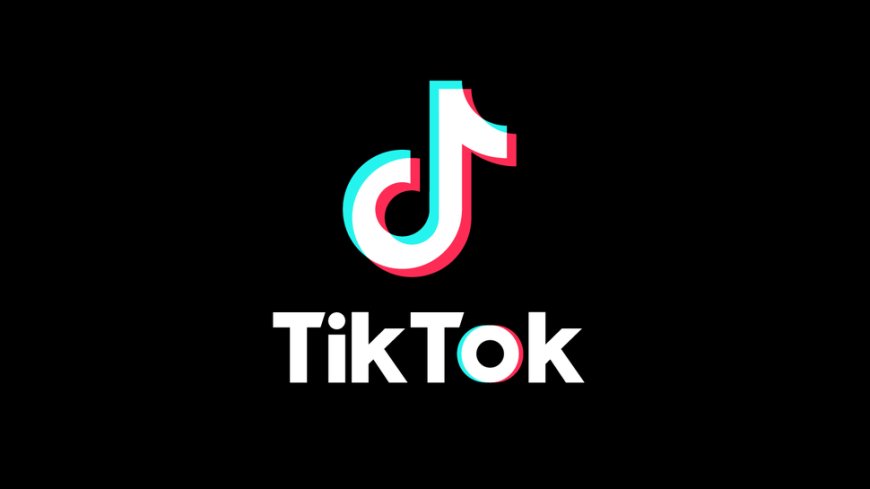TikTok Divestment Push Advances With House Committee Approval

The legislation, which was advanced by a key committee on Thursday, would block internet service providers and app stores such as those run by Apple Inc. and Alphabet Inc.’s Google from offering the platform unless TikTok’s Chinese parent ByteDance Ltd. sells it within six months.
After the Energy and Commerce Committee voted to approve the bill by a vote of 50-0, Representative Steve Scalise of Louisiana, the number two Republican in the House said he would bring it up for a vote on the House floor. Scalise said in a post on X, formerly known as Twitter, that the measure would force TikTok to “sever their ties with the Chinese Communist Party.”
Previous legislative attempts to restrict the app nationwide have failed, and this one would still have to clear legislative obstacles in the House and Senate, where it doesn’t have a sponsor. But lawmakers say this latest effort has been months in the making, fueled partly by renewed security concerns that China is surveilling Americans.
Senate Majority Leader Chuck Schumer said in a statement that he was “talking with my chairs and caucus about the legislation. I will listen to their views on the bill and determine the best path.”
TikTok mounted a last-minute effort to counter the bill, which was unveiled Tuesday, by urging its users to call congressional offices to protest the bill via a message that greeted them when they opened the app. Congressional offices were flooded with calls, drawing the ire of House China Committee Chairman Mike Gallagher.
Lawmakers said “their phones were ringing off the hook last night,” Gallagher, a Wisconsin Republican, told journalists outside the Capitol on Thursday. “The intimidation tactics, the disinformation has to stop,” he said later in a video message.
In the end the campaign was unsuccessful, at least in preventing lawmakers from taking the first step toward enacting the legislation.
Read More: TikTok Can Keep ‘Bad Lip-Sync,’ Lawmakers Seeking Sale Say
Both Democrats and Republicans have long expressed national security concerns over TikTok’s ties to ByteDance, citing risks of the Chinese government collecting personal data from Americans and spreading propaganda on the app. The platform has been under a national security review since the Trump administration. The Biden administration has signaled cautious support for the proposal, with White House Press Secretary Karine Jean-Pierre saying Wednesday that “we would want to see this bill get done.”
TikTok has consistently denied that it has or will share any US user data with Beijing and has tried to assuage US concerns by spending more than $1.5 billion to isolate its US operations and agreeing to oversight from American partner Oracle Corp. TikTok said in a statement that the legislation would trample First Amendment free speech rights and deprive millions of small businesses of a platform on which they rely.
The app is already emerging as an important place for conversations in a presidential election year. President Joe Biden’s reelection campaign has even created an account on the app ahead of November’s vote. More than 170 million Americans scroll the app every month, making its users an important asset.
After the vote, TikTok said in a post on X, formerly Twitter, that the new bill “has a predetermined outcome: a total ban of TikTok in the United States.”
Divesting TikTok from its Chinese parent would be a complicated, though perhaps not impossible, maneuver. ByteDance developed the technology at the foundation of the viral video service and its engineers also support a twin service for the China market called Douyin.
Earlier: TikTok Threat to Amazon Emerges With $20 Billion Shopping Pilot
If forced to proceed by US lawmakers, ByteDance might try to separate the US business of TikTok while retaining the business in the rest of the world. TikTok’s US business could be valued at $40 billion to $50 billion, Bloomberg Intelligence analysts Mandeep Singh and Damian Reimertz estimated last year.
Any outright sale however faces strong opposition from Beijing, which could try and block such a deal. The Chinese government has been sensitive to leakages of data abroad, particularly when they involve giant internet firms such as ByteDance.
In 2020, under pressure from the Trump administration, ByteDance went through extensive negotiations to separate the American operations and turn them over to either Oracle or Microsoft Corp. While the Chinese company picked Oracle, the deal was ultimately called off as the Biden administration took over and opted not to impose a ban.
(Updates with Schumer statement, in fifth paragraph.)
Most Read from Bloomberg Businessweek







